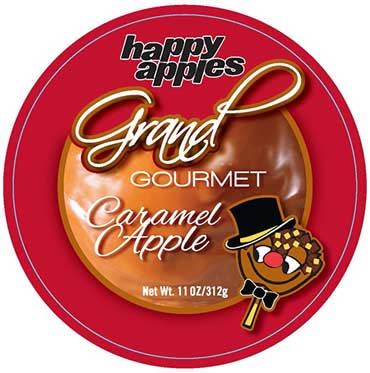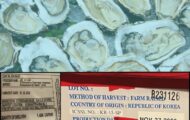One Listeria death for every five cases of listeriosis is the average mortality rate for Listeria food poisoning cases tracked in the United States by the Centers for Disease Control and Prevention (CDC). It is an average that fit the caramel apple Listeria outbreak with the same tragic consequences that health experts saw in other outbreaks of listeriosis in 2014. The seven case patients who died with listeriosis after eating pre-packaged, commercially produced caramel apples lifted last year’s Listeria death total in the U.S. to 13, from four outbreaks. State and federal agencies have associated the caramel apple outbreak with fruit supplied by California-based Bidart Brothers Inc.
 In all, 13 of 50 Listeria outbreak case patients died and one fetal loss was suffered. Not every victim’s death was attributed to listeriosis, because of underlying illnesses. In the caramel apple outbreak, for instance, public health officials with the CDC can only say for certain that listeriosis caused three deaths, maybe more. At least a couple of the case patients who were hospitalized with listeriosis were said to have died from something else, according to the CDC and FDA.
In all, 13 of 50 Listeria outbreak case patients died and one fetal loss was suffered. Not every victim’s death was attributed to listeriosis, because of underlying illnesses. In the caramel apple outbreak, for instance, public health officials with the CDC can only say for certain that listeriosis caused three deaths, maybe more. At least a couple of the case patients who were hospitalized with listeriosis were said to have died from something else, according to the CDC and FDA.
Minnesota, Missouri, New Mexico, Texas, Arizona, Nevada, California, Colorado, Utah, North Carolina, Washington and Wisconsin were all involved in the outbreak. Listeria deaths continued this year in Kansas, with three of five ice cream Listeria patients at Via Christi St. Francis Hospital in Wichita unable to survive. The Wichita outbreak has been associated with single-service ice cream novelties made by Texas-based Blue Bell Creameries.
Expecting mothers, newborns, older adults and people who are living with compromised immune systems are more at risk for serious injury or death from listeriosis than the general population. In fact, at least 90 percent of people who get Listeria food poisoning are in one of these four groups. To protect yourself, avoid foods that are listed by the CDC as noteworthy for Listeria monocytogenes. Those foods include, raw milk, soft cheeses, raw sprouts, hot dogs, luncheon meat, cold cuts or refrigerated, smoked seafood. In 2011, whole cantaloupe from Colorado caused one of the biggest Listeria outbreaks on record in the U.S., and the CDC recommends that you prepare melons carefully by washing or scrubbing the exterior, rinsing and drying before cutting. The CDC has more information on a page devoted to Listeria prevention.




